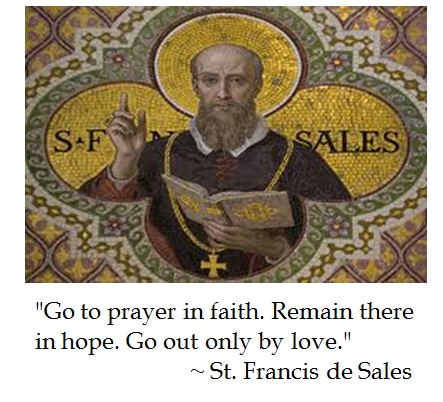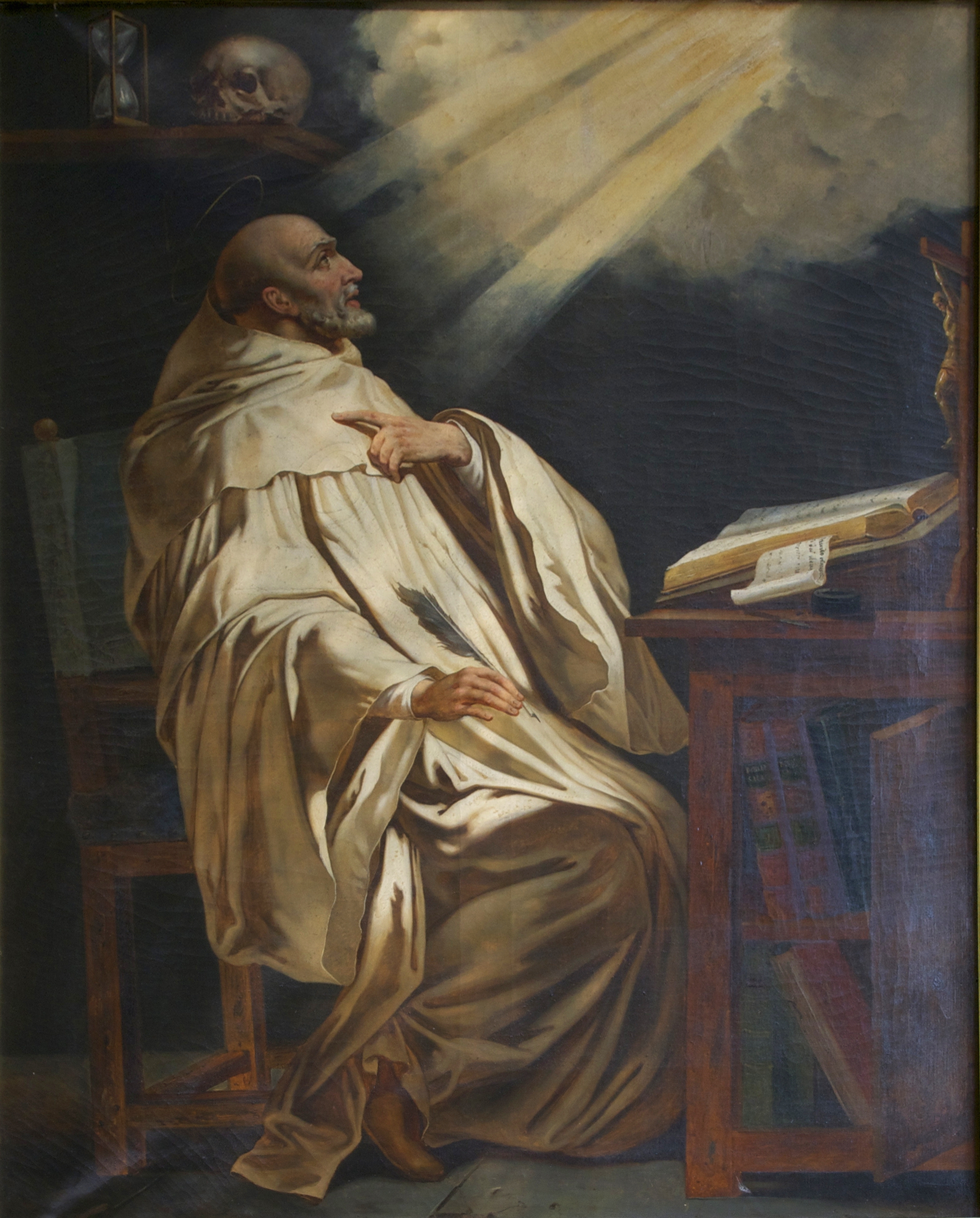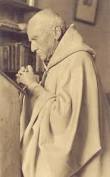It may be a stretch, yet I see this unique scene from the master filmmaker Fellini in his masterpiece ‘La Strada’ as an encounter with the supernatural. As with everything involving Fellini, the smallest details must be observed. A craftily detail oriented filmmaker, all things matter: the background painting conducting court in this scene. The magic of the entire film plays in my perception of the scene attaining a unique level of meaning. The simplicity of the film, coming on the heels of Italian neo-realism: movies such as ‘Rome Open City’, ‘The Bicycle Thief’, and ‘Umberto D’ assisting Europe in recovering from the ravages, dramatics, and sensationalism of World War II through simple, survivalist filmmaking, aligned solely in reality, the telling of films in a loving humanistic manner, valuing individuals over circumstances, mass-movements, and worldly concerns. The symbolism of Fellini is astounding: Gelsomina introduced back dropped by the immensity of the ocean, children always flocking to the wide-eyed Gelsomina, Gelsomina tending to wear hats, Zampano a strongman always smoking, the loquacious fool introduced with wings upon his back—at night, upon a high wire, talking too much, This scene with the sick boy represents for me Gelsomina’s personal supernatural moment, a moment of being caught off guard by God. God presenting His ways mystically, immediate, yet relevantly vague, cryptic, and in reference to secular concerns insane. The scene hypnotized the first time I watched. It seemed so peculiar Looking back, my first impression was the boy was a water-head, an extreme character of physical deformity. Now viewing, my first take was incorrect. He appears sickly, yet not grotesquely deformed as I interpreted during my first viewing. I am not sure why the scene marked me so much as a young man, representing the experiencing of the extraordinary, the supernatural encountered. Maintaining integrity, I bring the words of St John of the Cross, doctor of the church, into matters, stressing his severe warning regarding the supernatural in ‘Ascent of Mount Carmel’.
The spiritual man incurs the risk of five kinds of evil if he pays heed to, and reflects upon, these forms and ideas which are impressed upon him by the things which pass through his mind in a supernatural way.
The first is that he is frequently deceived, and mistakes one thing for another. The second is that he is like to fall, and is exposed to the danger of falling, into some form of presumption or vanity. The third is that the devil has many occasions of deceiving him by means of the apprehensions aforementioned. The fourth is that he is hindered as to union in hope with God. The fifth is that, for the most part, he has a low judgment of God.
Reducing dramatics, I would like to stress a common theme of my therapist. Dr. Nitcha, above being a thoroughly educated psychologist, is also a man who spent over ten years studying in the seminary. He administered a personality test, convincing me I was an introvert/sensory type, not an introvert/intuitive type. I need facts, defined situations and people, in order to proceed most efficaciously. Just the facts please! Speculation, what could be, might be, or what God possibly intended truly confuse me, escalating me in in useless analysis (over-analysis=paralysis). Ambiguities allowed uninterpreted, I must focus upon certainties. The personality test results were a bit of shock. I thought of myself as a person centered upon intuition, the creative and heartfelt extra sensory perception. I am now pleasantly sold on the idea that I need facts, schedule and routine, in order to live most abundantly. It relieves me. There was a bit of a misconception about myself throughout my life. I thought I was someone I truly was not. It fits so well with my concentration upon my natural life in order to pursue my passion of contemplation to a higher degree, aligned perfectly with my spiritual companion’s constant driving home that the natural level is my spiritual downfall. Due to an over concentration on the spiritual and my upbringing, I became lost in daily practical life, thus always causing a spiritual collapse. My spiritual life consisted of extreme peaks and valleys.
Dr. Nitcha extends the sensory approach to life, the mindset of dealing strictly with facts, to the spiritual. I have a friend Jenet who comes to mind. She is a sweet soul, dedicated to the Rosary, Daily Mass, and the Divine Office, proficiently knowledgeable in all matters Catholic, yet she thrives on sensationalism. Her heart races nervously when a certain woman is around. Mysterious, bordering on miraculous, coincidences are always occurring around her. Constantly alert for their appearance, signs and marvels she has known all of her life. It becomes mildly annoying and distracting. Another friend from daily mass, Sharron is constantly experiencing the baby Jesus, often riding a white horse, in her dreams. She is another admirable woman, inspiring to share communal prayer with, however her affection for spiritual dramatics borders on the absurd, make her appear spiritually immature. As Dr. Nitcha would respond if he were asked for input, ‘maybe what she says is true, and maybe what she says is fabricated. It does not matter. You are learning to deal with facts, rejecting supposition, possibilities, and fascination with the fabulous. Jesus appearing as an infant, riding a horse, means nothing to you. That what you cannot reduce down to fact and practicality abandon. Grounding yourself humbly and simplistically in faith, hope, and charity, ritually committing to the sacraments and a passive, intense prayer life, remain in reality. Doctor turns most of his direction to John Paul II, stressing that as one of the greatest of mystics, he thrived in practicality, a master of daily reality, the nondramatics of dealing with complex matters as Pope efficiently and realistically. As a contemplative, I praise the ordinary in order to advance closer to God. The rejection of pride, intellectualism, and egotism is not enough. Intimacy with God occurs through a further reduction, negating my way through imagination, and especially flights of fancy, a tendency toward the supernatural.
The benefits that come from voiding the imagination of imaginary forms can be clearly observed in the five evils aforementioned which they inflict upon the soul, if it desires to retain them, even as we also said of the natural forms. But, apart from these, there are other benefits for the spirit — namely, those of great rest and quiet. For, setting aside that natural rest which the soul obtains when it is free from images and forms, it likewise becomes free from anxiety as to whether they are good or evil, and as to how it must behave with respect to the one and to the other. Nor has it to waste the labor and time of its spiritual masters by requiring them to decide if these things are good or evil, and if they are of this kind or of another; for the soul has no need to desire to know all this if it pays no heed to them. The time and energies which it would have wasted in dealing with these images and forms can be better employed in another and a more profitable exercise, which is that of the will with respect to God, and in having a care to seek detachment and poverty of spirit and sense, which consists in desiring earnestly to be without any consoling support that can be apprehended, whether interior or exterior. This we practice well when we desire and strive to strip ourselves of these forms, since from this there will proceed no less a benefit than that of approach to God (Who has no image, neither form nor figure), and this will be the greater according as the soul withdraws itself the more completely from all forms, images and figures of the imagination.
The reality of Gelsomina witnessing the large headed sick boy, the supernaturally calling sadly through the natural, before the painted Blessed Mother and child Jesus, saints adoring, ends with a nun scolding, threatening with a stick, berating the children and Gelsomina for trespassing into areas that are strictly off-limits. Gelsomina is chased from the forbidden supernatural and back to life with Zampano, a life where choices exist. Gelsomina must learn to make choices, discernment, a thing the adorable one of innocence never accomplishes. The story of her life in trying times, for all time is trying, is a sad one, a tragedy played out. The Christ like Fool waiting to steal her heart and wonder, offering wisdom and a kind gentle soul for loving, constructive adventures of accomplishment, a figure destined for a self-proclaimed young death, she is unable to couple with, to advance a meaningful relationship due to her dependence upon the nonreciprocating brutish vice pursuing meathead ways of Zampano. A state of innocence, purity in intent and behavior, is not enough to bring about fulfillment. Being a good person is not enough. Life demands more than being a victim. The story is a sad one too many times.







Recent Comments